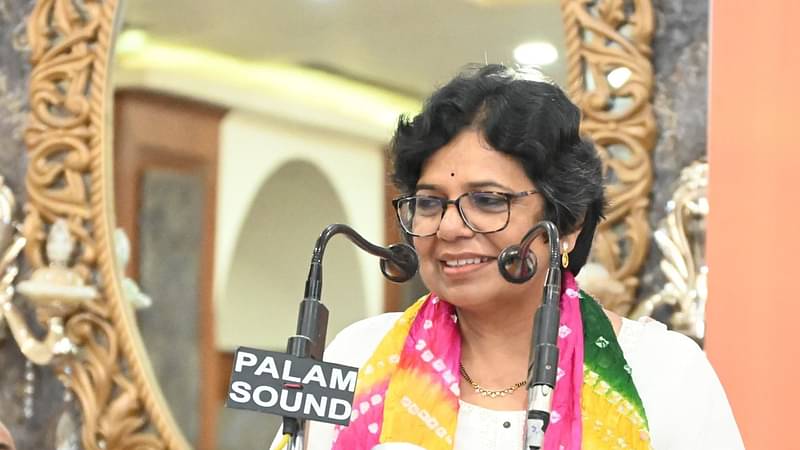In a significant development for women’s advocacy in India, Vijaya Kishore Rahatkar has been appointed as the new chairperson of the National Commission for Women (NCW). This announcement marks a fresh beginning for the organization, which plays a crucial role in promoting and protecting women’s rights across the country.
The appointment, made under the National Commission for Women Act of 1990, sets Rahatkar’s tenure for three years or until she reaches 65, whichever comes first. As she steps into this pivotal role, expectations are high for her leadership in addressing the myriad challenges facing women in India today. Alongside Rahatkar’s appointment, the government has also brought new voices to the commission. Dr. Archana Majumdar joins the NCW as a member, bringing her expertise to the table for the next three years. These appointments signal a renewal of the commission’s composition and potentially its approach to women’s issues.
Rahatkar takes over from Rekha Sharma, whose tenure recently concluded after a significant stint with the NCW. Reflecting on her time with the commission, Sharma described it as a “roller coaster ride,” highlighting the journey from her humble beginnings to serving multiple terms in this prestigious position.
Sharma’s reflections on her tenure paint a poignant picture of the commission’s work. She spoke of deeply moving encounters with women in mental asylums, elderly residents in ashrams, and inmates in prisons. These experiences, she noted, left an indelible mark on her heart, underscoring the profound impact of the NCW’s work on individual lives.
However, Sharma’s time at the helm was not without its challenges. She faced criticism over alleged inaction during periods of unrest and accusations of bias towards certain political affiliations – claims she consistently refuted. As Rahatkar steps into this role, she inherits both the achievements and the controversies of her predecessor. The coming months will likely see her define her own approach to leading the NCW, potentially charting new directions for women’s advocacy in India.
This transition in leadership comes at a critical time for women’s rights in the country. As social dynamics evolve and new challenges emerge, the NCW’s role in shaping policy, advocating for change, and supporting women across India remains as vital as ever. With fresh faces and potentially new perspectives, the NCW stands at the threshold of a new era. As Rahatkar takes the reins, many will be watching closely to see how the commission adapts to meet the evolving needs of women in 21st century India.



